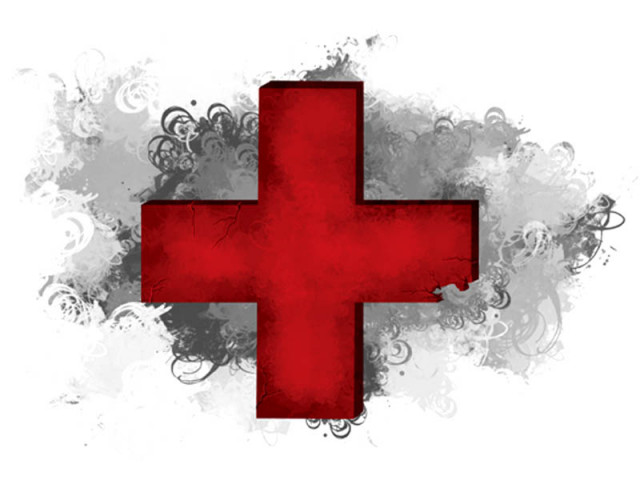Privatization of hospitals risks burdening masses
165,000 low-income patients will suffer daily after the privatization of public health facilities

Work is currently underway to hand over several primary health centers, district health centers and tehsil centers to the private sector in an initial phase of privatization across Punjab. Although the government claims that the decision will aim to improve the quality of healthcare at public hospitals, doctors and patients argue that the contracting policy will gradually pave the way for contactors to entirely control the healthcare system, making it difficult for the underprivileged masses to access free healthcare.
One such patient was 65-year-old Sheikh Waqar, who regularly visits government hospitals for treating his diabetes. “If this privatization actually does happen, I will not be able to afford the tests that the doctors suggest. I have no stable source of livelihood. Therefore, now it seems that I will no longer be able to get proper treatment for my health condition,” lamented Waqar.
Similarly, Khursheed Begum, a 70-year-old cardiac patient from Allama Iqbal Town, was also worried about the course of her treatment in the event that the public hospitals were privatized. “Even right now, I have to wait in long queues to seek medical help. The government has already reduced the medicines given to cardiac patients by half therefore, it should come up with a plan to provide treatment facilities and free medicines to low-income patients,” said Khursheed.
According to sources of the Express Tribune, the privatization of public health facilities will affect nearly 165,000 patients seeking medical help on a daily basis across Punjab. More than 90 per cent of these patients are living hand-to-mouth hence they cannot even afford a diagnosis let alone medicinal or surgical treatment. Furthermore, the majority of teaching hospitals that have been chosen for privatization are the largest institutions in the province and are catering to patients from all over the country.
Dr Masood Sheikh, a public health specialist, was skeptical about the ongoing privatization in the healthcare sector. “Pakistan is a poor country where quality treatment is hard to ensure therefore public hospitals provide essential services, including access to medicines and specialist doctors. However, if we adopt Western privatization models and infrastructure systems, it will create tremendous difficulties for our population. Instead of imposing a deadline for implementation, the government should engage with all stakeholders and develop a system that works for everyone. Before implementing a Western system, it is essential to assess Pakistan's local economic and social context to determine how adjustments can be made. A small-scale pilot project should be initiated to test its feasibility, and only after its success should it be implemented on a larger scale,” advised Dr Masood.
Opposing the decision of outsourcing, at least 8,000 doctors, professors, nurses, polio workers, dengue vaccinators, technicians and paramedics from all over Punjab have united in protest under the Grand Alliance and have gone on strike at the Mall Road in Lahore.
Talking about the motive behind the strike, Dr Shoaib Niazi, President of the Young Doctors Association, revealed that after the privatization, labs, radiology services and the consultation system will be outsourced, and patients will have to pay a fee for treatment. “A health insurance system will be introduced, and it will become impossible for a poor person to get healthcare. Almost 8,000 to 9,000 patients visit any public hospital in Lahore every day. Similarly, the emergency room and wards are always overcrowded while the facility of a ventilator is also not available in many hospitals. Furthermore, nearly 200,000 employees will become unemployed after this decision. The pension of employees associated with the health sector will also be abolished while the contract period of the outsourced employees will be 90 days,” informed Dr Niazi.




1724319076-0/Untitled-design-(5)1724319076-0-208x130.webp)

















COMMENTS
Comments are moderated and generally will be posted if they are on-topic and not abusive.
For more information, please see our Comments FAQ